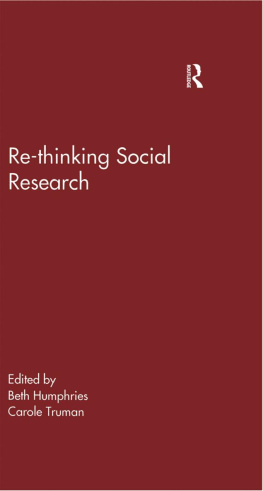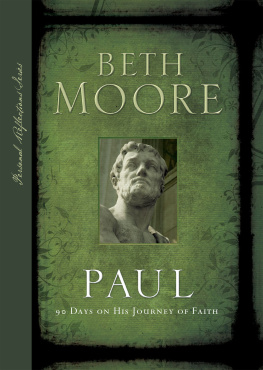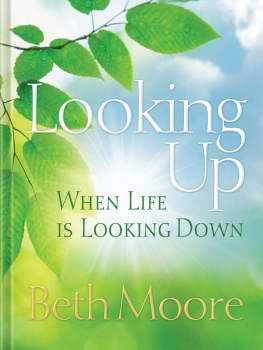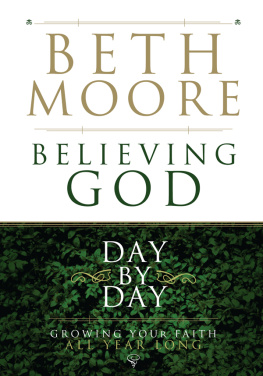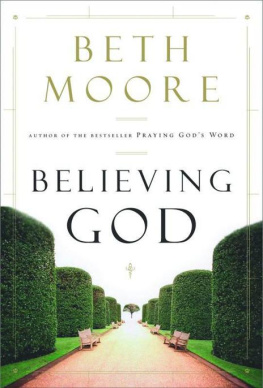SOCIAL WORK AND FAITH-BASED ORGANIZATIONS
Faith-based organizations continue to play a significant role in the provision of social work services in many countries but their role within the welfare state is often contested. This text explores their various roles and relationships to social work practice, includes examples from different countries and a range of religious traditions, and identifies challenges and opportunities for the sector.
Social Work and Faith-based Organizations discusses issues such as the relationship between faith-based organizations and the state, working with an organizations stakeholders, ethical practice and dilemmas, and faith-based organizations as employers. It also addresses areas of debate and controversy, such as providing services within and for multi-faith communities and tensions between professional codes of ethics and religious doctrine. Accessibly written by a well-known social work educator, it is illustrated by numerous case studies from a range of countries including Australia, the UK and the US.
Suitable for social work students taking community or administration courses or undertaking placements in faith-based organizations, this innovative book is also a valuable resource for managers and religious personnel who are responsible for the operation of faith-based agencies.
Beth R. Crisp is a Professor in the School of Health and Social Development at Deakin University, Australia where she is the discipline leader for social work.
SOCIAL WORK AND FAITH-BASED ORGANIZATIONS
Beth R. Crisp
First published 2014
by Routledge
2 Park Square, Milton Park, Abingdon, Oxon OX14 4RN
and by Routledge
711 Third Avenue, New York, NY 10017
Routledge is an imprint of the Taylor & Francis Group, an informa business
2014 Beth R. Crisp
The right of Beth R. Crisp to be identified as author of this work has been asserted by her in accordance with sections 77 and 78 of the Copyright, Designs and Patents Act 1988.
All rights reserved. No part of this book may be reprinted or reproduced or utilized in any form or by any electronic, mechanical, or other means, now known or hereafter invented, including photocopying and recording, or in any information storage or retrieval system, without permission in writing from the publishers.
Trademark notice: Product or corporate names may be trademarks or registered trademarks, and are used only for identification and explanation without intent to infringe.
British Library Cataloguing in Publication Data
A catalogue record for this book is available from the British Library
Library of Congress Cataloging-in-Publication Data
Crisp, Beth R.
Social work and faith-based organizations / Beth R. Crisp.
pages cm
ISBN 978-0-415-50980-0 (hardback)ISBN 978-0-415-50981-7 (pbk.)
ISBN 978-1-315-79395-5 (ebook) 1. Faith-based human services.
2. Social serviceReligious aspects. I. Title.
HV530.C748 2014
361.75dc23
2013040145
ISBN: 978-0-415-50980-0 (hbk)
ISBN: 978-0-415-50981-7 (pbk)
ISBN: 978-1-315-79395-5 (ebk)
Typeset in Sabon
by Keystroke, Station Road, Codsall, Wolverhampton
For Mark
CONTENTS
Until a few decades ago and similar to many other countries, most welfare services in Australia were funded and conducted by religious organizations to service the needs of co-religionists. Yet despite the emergence of the welfare state and changes in patterns of religious belief, faith-based welfare organizations continue to flourish and make a major contribution to the well-being of Australians. However, any assumptions of previous generations about faith-based organizations no longer hold. Most are very different from their predecessors, many receiving much, if not all, their funding from the state, professional staff are often not co-religionists and may not have any religious beliefs, and services are provided to all members of the community irrespective of their religious beliefs. Furthermore, their role is often contested, and many faith-based organizations are themselves engaging in discussions as to what it means to be a faith-based provider of services in the twenty-first century (Crisp 2010).
It is perhaps inevitable that such questions are being asked in Australia, where non-government (voluntary) organizations provide at least half of all welfare services, and faith-based services have been central to this provision (Melville and McDonald 2006; Swain 2009). A 2006 survey by Business Review Weekly identified 23 of the top 25 Australian charities in terms of annual income as being associated with Christian churches (Lake 2013), several of which employ hundreds of staff (Holden and Trembath 2008) and are among the largest employers of qualified social workers (Camilleri and Winkworth 2004).
Although some of the questions being asked in Australia about the role of faith-based organizations relate to specific issues within Australia, questions about the role of faith-based organizations in welfare provision are being asked in many countries (e.g. Bckstrm et al. 2010, 2011; Ellenson 2006; Gcmen 2013; Jeppsson Grassman 2010; Vanderwoerd 2004). This is perhaps unsurprising given estimates that 90 per cent of the global humanitarian workforce work from a faith basis, and the majority of agencies they work for are faith based (Ager and Ager 2011). As part of a larger trend which recognizes that the place of religion in society can no longer be ignored as many tried to do in the twentieth century (Campbell 2009; Gray et al. 2009), the early years of the twenty-first century have seen renewed interest in the role of faith-based organizations in the social services at policy level with governments in a number of countries, including Australia (Ayton et al. 2012; Holden and Trembath 2008), the United Kingdom (Harris et al. 2003), the United States (Unruh and Sider 2005), Canada (Hiemstra 2002) and New Zealand (Milligan and Conradson 2011), proposing that churches and religious agencies take more responsibility for provision of welfare services. For example, the UK governments emphasis on the Big Society proposes that community groups, including faith-based agencies, are valuable to society (Dinham 2012a), and assumes that they are able and willing to take on a greater role in the provision of social services (Furness and Gilligan 2012). At the same time, there has been considerable scepticism as to the appropriateness of faith-based organizations providing welfare services in multi-faith communities, as well as allegations of sexual and other forms of abuse which are revealing some faith-based organizations as being significantly fl awed and engaging in unethical practices.
The contemporary debates as to the role of faith-based organizations in welfare provision are highlighting a relative lack of serious consideration of the relationship between faith-based organizations and social work practice which was almost non-existent prior to the 1990s (Horsburgh 1988). In the late 1990s in the UK, Bowpitt commented that the historical role of religious organizations in welfare provision was often regarded as a legacy [which] has been the skeleton in the cupboard, something best forgotten and preferably ignored (Bowpitt 1998: 676). Around the same time, Cnaan et al., writing in North America, noted:
Unfashionable and unpopular as this may be in social work circles, we believe it is essential that the role of religious-based organizations in welfare provision be addressed because of its significance for the directions that provision of social services will take in the years ahead.



